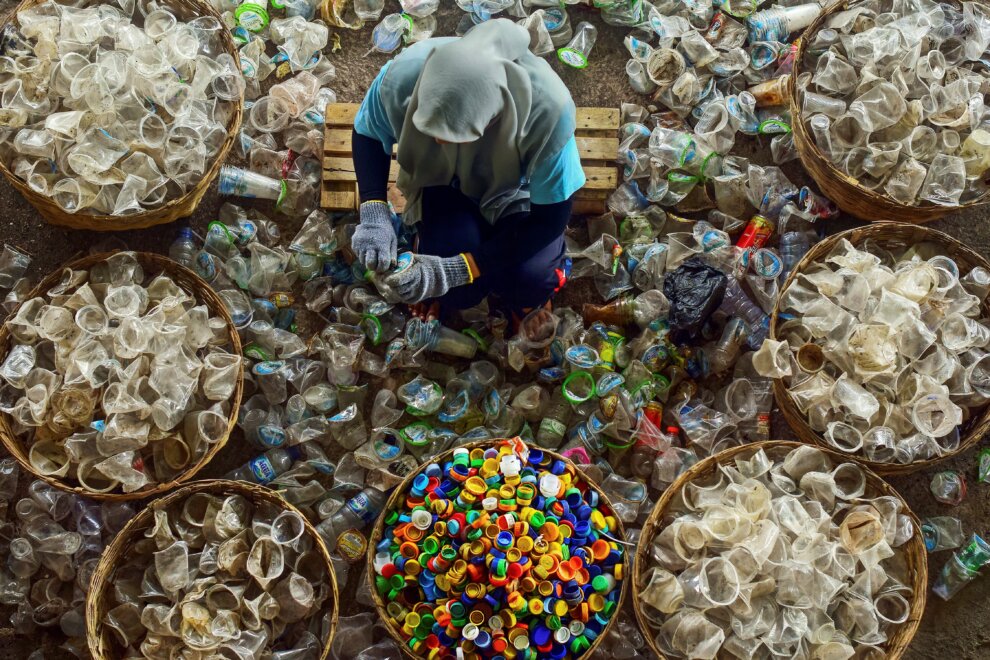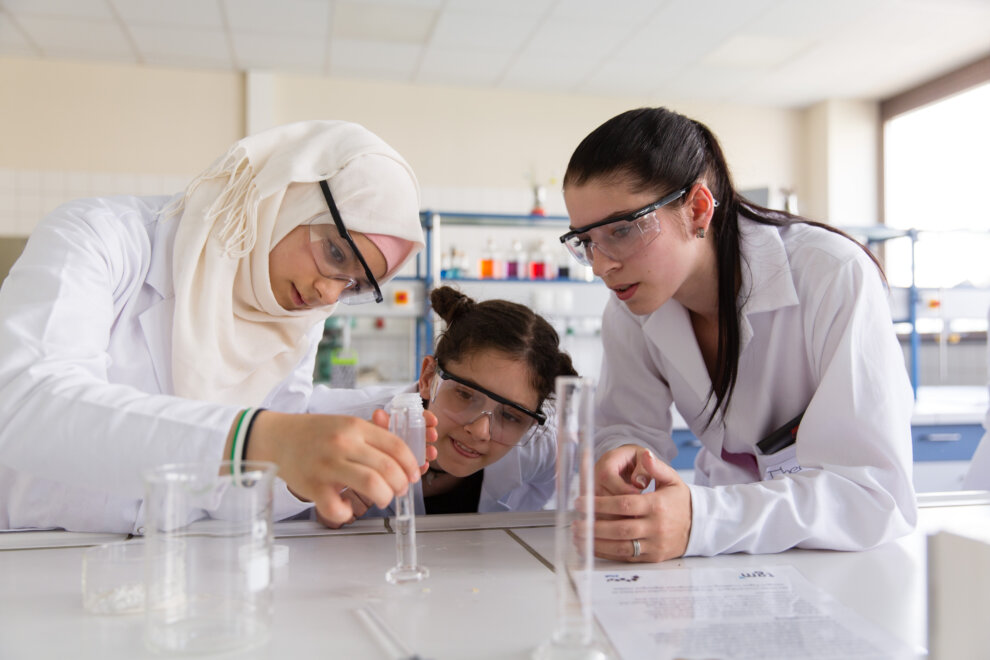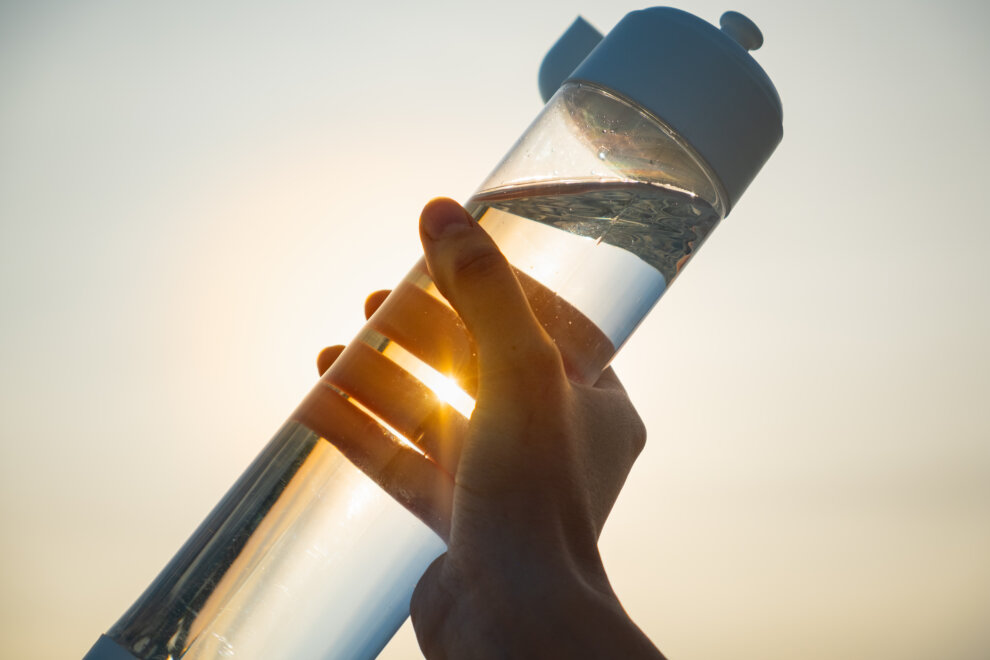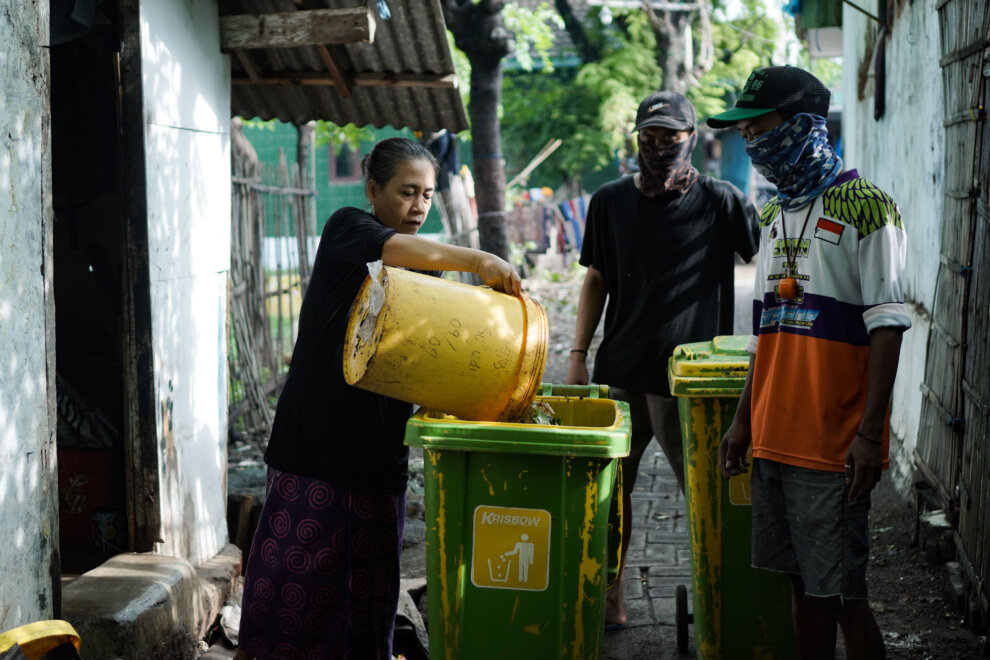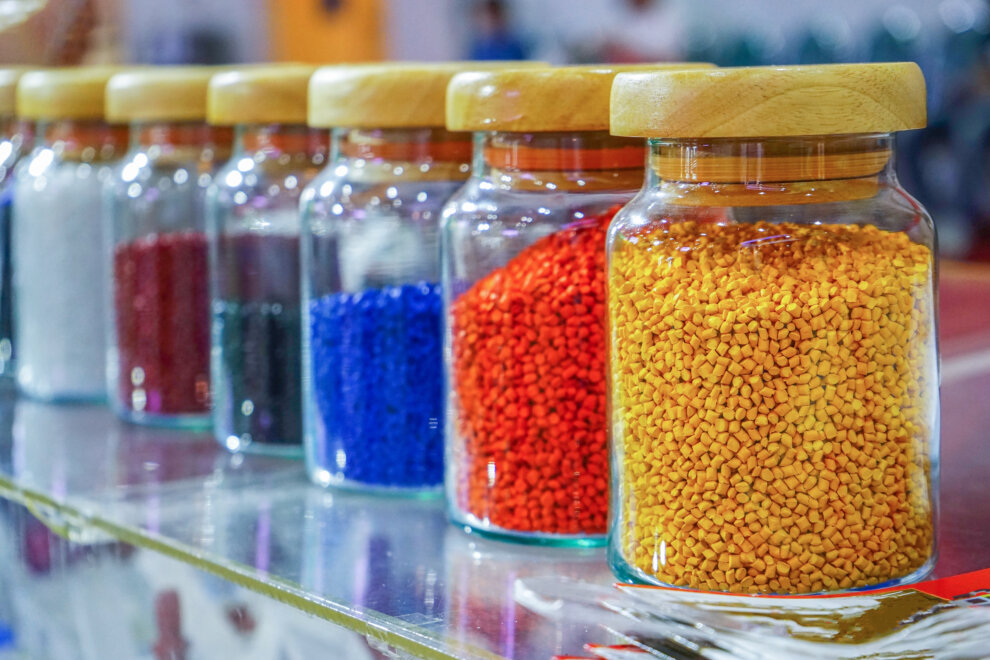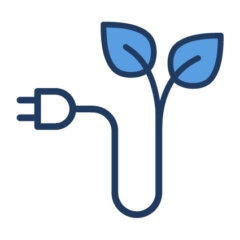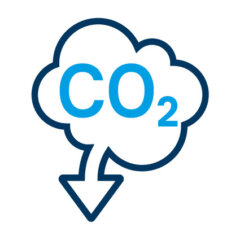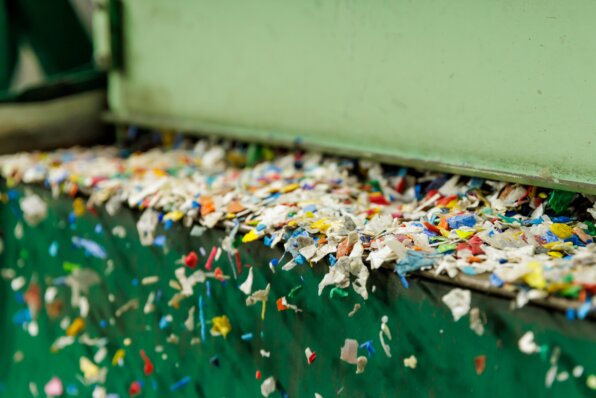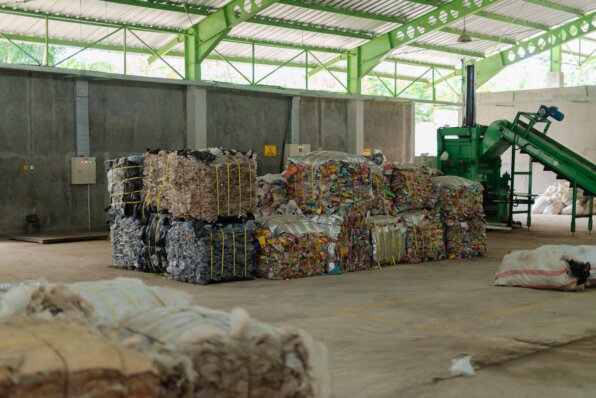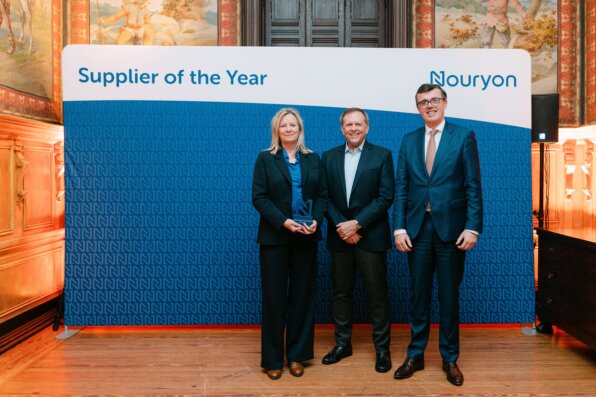
Sustainability
Borealis' sustainability ambition is to build a prosperous and sustainable future for all. It is imperative that future generations find living conditions on this planet that enable them to live a healthy, secure and prosperous life. As such, sustainability is an integral part of our business strategy. In providing state-of-the-art sustainable solutions for our customers as part of our We4C strategy we advance our own sustainability efforts and positively impact the world.
We strive to continuously improve and reduce our CO₂ footprint to become a net zero company by 2050 and to develop sustainable and circular products that contribute to sustainable living.
Improving our sustainability performance is central to how we serve our customers
We are serious about our commitment to sustainable business practices and supporting the transition to a circular economy. To add substance to our ambition, our sustainability strategy is based upon a materiality analysis, which is repeated in regular intervals and where we critically engage with the environmental and societal challenges of our time, the impact our products have on the planet and what stakeholders hold us accountable for.
Through this exercise Circular Economy, Climate & Energy and Health & Safety emerged as our sustainability focus areas – under which our biggest impacts can be subsumed. These also provide us with the most impactful opportunities to drive positive change and ambitious targets, keeping in mind the UN Sustainable Development Goals as a methodological backdrop.

Our Sustainability Targets
Borealis is committed to becoming a net-zero company by 2050 and is working on transforming into a truly circular company, ready to play a leading role in the transformation of the chemicals and plastics industry.
*Scope 1 are direct GHG emissions that occur at the source and are controlled by Borealis. Scope 2 are GHG emissions stemming from the generation of energy purchased by the company. Scope 3 are indirect GHG emissions that are a consequence of company activities but occur from sources outside or not controlled by the company.
**Base year 2019, reflecting the divestment of the Borealis nitrogen business.
***Registration, Evaluation, Authorization and Restriction of Chemicals (REACH)
****From a baseline of 4.0 in 2023
Our engagements to advance sustainability
Making the world a more sustainable place works best when working together, hence Borealis is driving improvements through a number of projects and partnerships:
Our performance 2024
Accountability is key. Every year we compare our targets with our actual performance. Here is how we did in 2024:

Environmental Management
Borealis’ environmental management encompasses managing its energy consumption and efficiency, emissions to the environment (air and soil), its use and discharge of water, operational waste, and its overall environmental performance, ensuring compliance with all applicable laws and regulations.
At least every three years, the Group performs a detailed and systematic environmental risk and opportunity assessment for every plant, in all locations. All Borealis production locations are part of an ISO 14001 compliant environmental management system. We have also achieved full certification for Operation Clean Sweep® (OCS), an international programme to mitigate pellet loss, and are Signatory of the chemical industry’s Global Charter for Responsible Care®.
In 2021 Borealis performed a climate risk and vulnerability assessment being refreshed during 2025 .
Our Views on Global Challenges
As a responsible chemicals and materials company, we value transparent communication on how we see the different challenges the world is facing today. We invite our stakeholders to explore our views on societally important sustainability topics that face our industry.
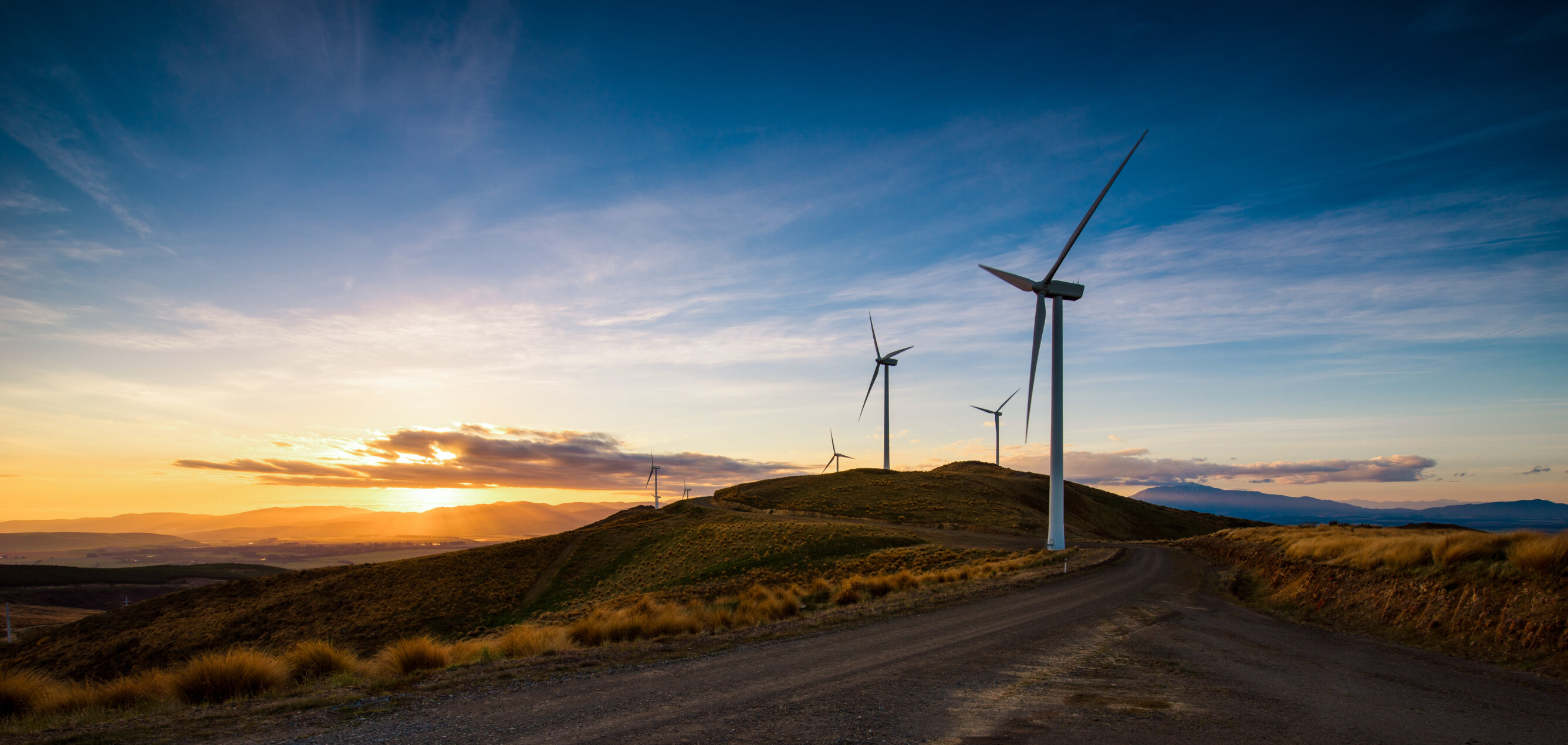
Want to Know More?
Discover detailed insights into our sustainability performance and targets in our Annual Report.
Learn More

